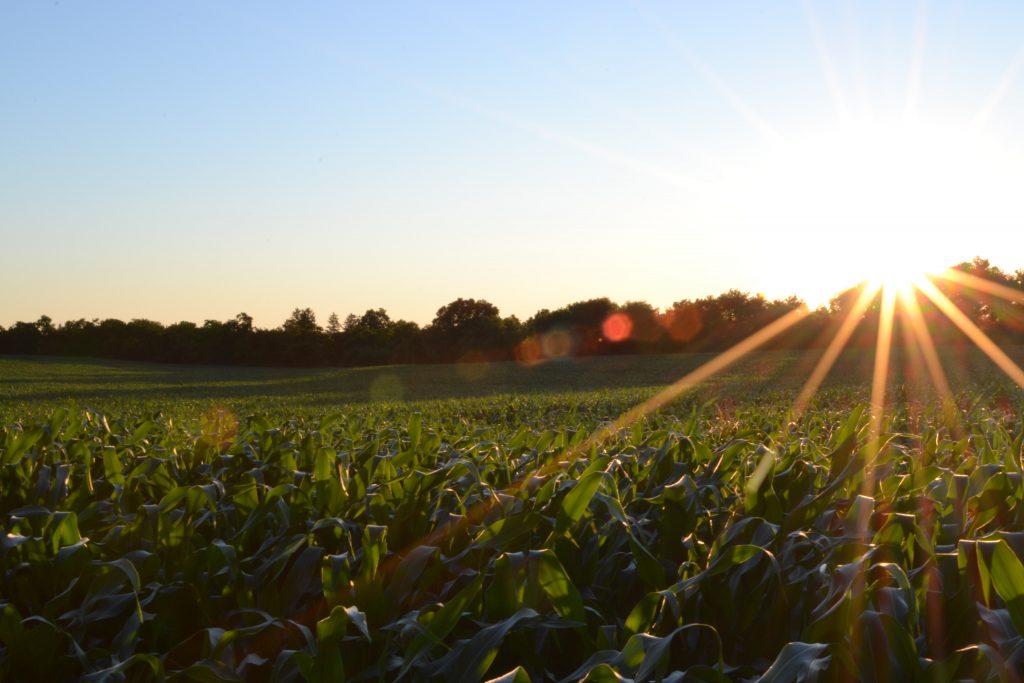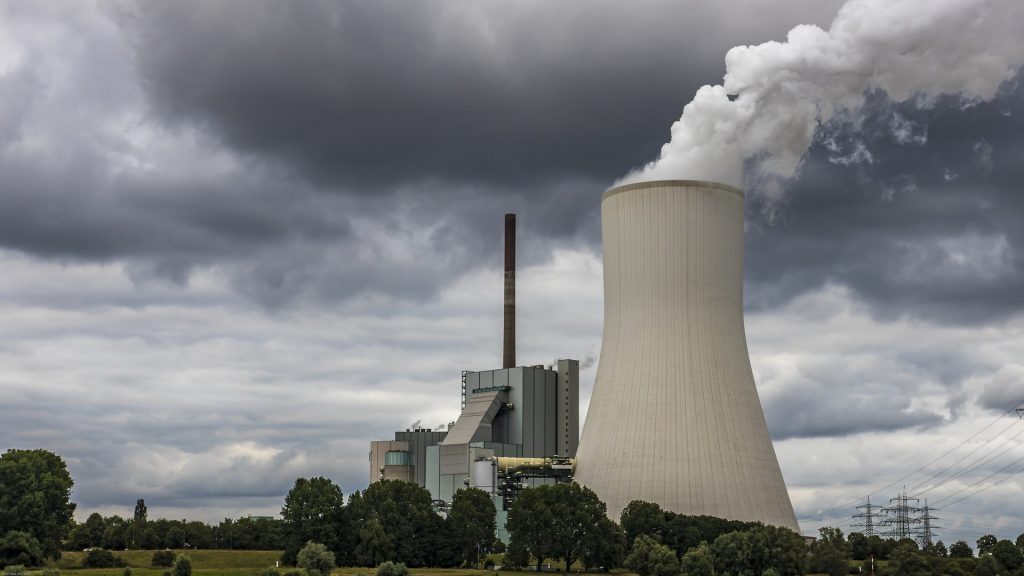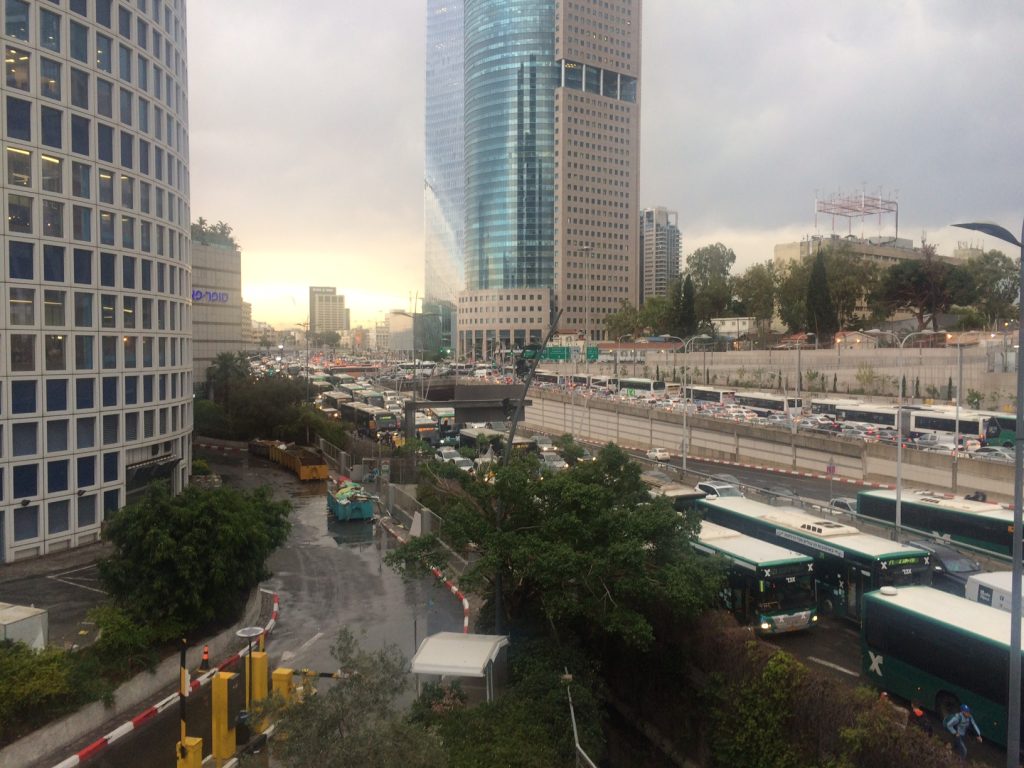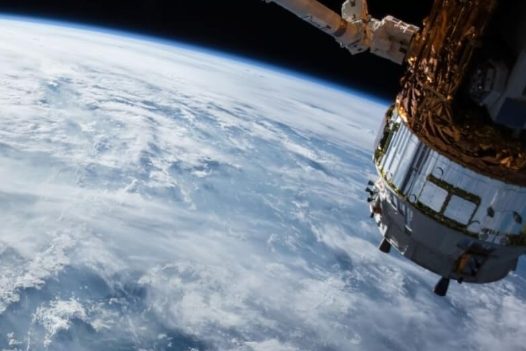Putting the ‘Olam’ Back Into ‘Tikkun Olam’: Judaism, Israel and Sustainability: A Virtual Beit Midrash
with the Heschel Center, Israel’s premier organization promoting a sustainable society
What Is It All About? Background
There’s no such thing as “the environmental crisis.” Surprised? No, we haven’t solved it already – we just need to define it correctly. The looming crisis in our world is not a crisis of the environment. It’s not out there. It is a very human crisis of values, policies, lifestyles, vested interests, and the economy. Those are the source of both the threats that express themselves in the physical environment, and also the challenges in the human environment: the growing social gap between a powerful, wealthy minority whose lifestyle is a main source of environmental damage, and a poorer, and increasingly disenfranchised majority, who struggle to survive and are the first to pay the price of environmental threats. This is an overriding issue both in North America and in Israel. It has been the focal point of our efforts here in Israel for over two decades.
Our contemporary material culture overshadows the spiritual and values questions at the core of our identities as human beings: morality, responsibility, the search for meaning and justice. When we confront Jewish tradition in light of these 21st century challenges, we discover some surprisingly relevant ideas: how to create an ethical society based on mutual responsibility, fairness, and our complex relationship with, and dependence on, the natural world.
In our learning together we will explore the challenges facing us in light of values and insights from the sources, and we will learn the sources, as our predecessors have, as seen through the lens of the burning issues of our day. We’ll create a dialogue between contemporary environmental thought and analyses and traditional Jewish wisdom, in all its multivocal diversity. And we will explore some of the concrete ways we are working in Israel to make it more of a sustainable society, perhaps even a global leader.
Join us in a “virtual beit midrash” that will meet weekly on Sundays over the course of eight weeks, over Zoom.
Led by: Dr. Jeremy Benstein
co-founder and senior staffer of The Heschel Center for Sustainability
. A native of Toledo, Ohio, Jeremy moved to Israel over 35 years ago, with a dream of making Israel an inspiring society. That dream led to his co-founding the Heschel Center for Sustainability, working on issues such as strengthening Israel’s civil society, improving environmental quality, and promoting progressive Jewish values, such as social justice and the common good. He also teaches environmental ethics at Tel Aviv University, and has been teaching for many years on Jewish thought and contemporary issues. Jeremy holds a BA from Harvard, an MA in Judaic Studies and a PhD in anthropology on social-environmental activism as a focus of shared citizenship between Jews and Arabs in Israel. He is the author of two books: The Way Into Judaism and the Environment (Jewish Lights, 2006), and Hebrew Roots, Jewish Routes: A Tribal Language In a Global World (Behrman House, 2019).
The Nitty Gritty: The Topics of the Session

1. The Torah and the Climate Crisis?
Individual Freedoms and Threats to the Common Good
The climate crisis is a special case of ‘the commons’ and its management, which is one of the single most important overarching social-environmental issues. The Torah holds the individual to a much higher standard of responsibility for the common good than contemporary free market economics does, which is one of the keys to a deeply Jewish critique of the way our world works (or doesn’t). Eternal truths meet inconvenient ones? Dinei nezikin (the Talmudic laws of damages) take on global warming.

2. Consumerism & the 10th Commandment:
Are We Cultivating a Culture of Coveters?
Consumer culture has brought seeming wealth and plenty to many (but not all!) of us – yet with growing environmental, emotional and spiritual prices. We will explore some Jewish sources that are powerful resources for developing a contemporary critique of pervasive consumerism and advertising, and the threats they pose to the health and well-being of modern society, and see some intriguing Israeli initiatives to bend the curve.
3. "Bal Tashchit" – "Not Destroying":
Between Use and Abuse, Needs and Wants
“Bal Tashchit” is Jewish Environmentalism 101 – the most-quoted Jewish environmental value (some think it’s the only one…). Beginning as a rather draconian law against chopping down fruit trees in wartime, it has been expanded to govern much of our relations with material culture. But a blanket prohibition on destroying (or wasting) raises more questions than it answers: what is legitimate use, what is misuse or overuse? Where do we draw the line? How can this help us today, with waste, and energy conservation?


3. Sacred Sevens I:
Shabbat, A Day of Worldly Rest
The world accepts a weekly day of rest (from production) as a necessary and enlightened social measure. But there’s much more to Shabbat than not going to the office. How does not using labor saving devices, and other restrictions, contribute to our rest!? Shouldn’t we be able to consume freely as part of our weekly R&R? Where does the world come in? And how can this play out in Israel, which is so polarized around issues of observance? The idea of Shabbat as the secret that can save us from ourselves.

4. Sacred Sevens II: Shemitah
The Radical Social-Environmental Vision of a Yearlong Sabbath
The Sabbatical year (shemitah), literally “the year of release” demanded a sabbatical for everyone (farmers, not academics!), and remission of debts, to let everyone start over. Is that hopelessly utopian, or is this a potentially explosive alternative social vision: how would our world look if we could implement even a part of that program? So much happened six years ago in Israel around this – and this is again especially timely since the next shemitah year begins next fall! Torah meets Occupy.

5. Israel, Energy and The Climate Crisis:
How We’re Going To Get Out Of This Mess
The Heschel Center has pioneered a revolutionary initiative to promote a transition to renewable energy in the coming decade. Dubbed NZO (both for net zero emissions, and ein zo agada – it is no fairy tale!), the initiative combines high-level technical research in energy generation, including agro-voltaics, and groundbreaking social initiatives working together with urban, rural, and regional authorities, for the decentralized production of renewable energy. Come meet the future.
7. Local Is Where It’s At:
Israeli Cities At The Forefront Of Sustainable Policy and Climate Action
While public attention is often focused on national actors and policy initiatives, much of the best work on sustainability in general, and climate in particular, is being done “under that radar,” as it were – on the local level. What is being done in Israeli towns and cities to make Israeli a healthier and more sustainable society? This touches all spheres of life: urban planning, transportation, food, work, communities, recreation, and more. And it touches all of the “different Israels”: we will bring some fascinating examples not only from the big centers – Tel Aviv, Jerusalem, Beer Sheva, Haifa – but also from what is considered the social periphery, Haredi and Bedouin locales as well. Get an insider’s look at some inspiring work – perhaps relevant to your own places!


6. Conclusion: The Big Issues
from the Beginning: The Demands of Dominion and the Stipulations of Stewardship
The opening chapters of the book of Genesis tell a complex and multi-layered tale of the coming into being of adama and adam (Earth and earthlings). If we ask, as God asks in the Eden story, “Adam: where are you?” rather than, say, “where are the dinosaurs?” – we discover surprisingly profound and challengingly contemporary resources for the formulation of our answers to the same big, eternal existential questions.
Each participant will have access to a wealth of resources that have been assembled especially for this course.
- Start Date: March 7, 2021
- Sundays at 03:00 pm EST, 1.5 hours
- Price: 315 NIS (Approximately $99)
